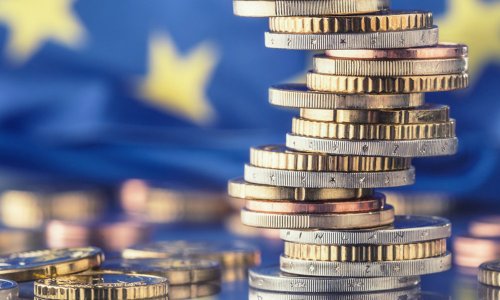Euro Economy


Montenegro's use of the euro as its official currency since 2002 has significantly affected the economic profile of the country. While the adoption of the euro brought many advantages, it also influenced the process of shaping Montenegro's economic strategies and policies.
Economic Stability: The Euro is a globally recognized currency and has great economic power. Montenegro's adoption of this currency has helped the country to become more resilient to external economic shocks. The adoption of the euro makes it easier to achieve macroeconomic objectives such as keeping inflation and interest rates stable.
Investor Confidence: The use of the euro means a more familiar and reliable economic environment for foreign investors. This increases investors' confidence in the Montenegrin economy and reduces investment costs.
Trade Facilitation: Trade relations with Europe become much simpler when conducted through a common currency. The ability to trade without exchange rate risk provides more consistency in planning and cost forecasting for businesses.
Contribution to the Tourism Sector: For tourists from Europe, using the same currency eliminates the costs and complexity of currency exchange. This increases Montenegro's tourist appeal and helps attract more tourists to the country.
Fiscal Policy Limitations: However, the adoption of the Euro also imposes limitations on fiscal policy instruments. For example, Montenegro does not have the option to increase its competitiveness by devaluing its currency or to pursue an independent monetary policy.
As a result, the role of the Euro in the Montenegrin economy brings both benefits and challenges. Overall, however, the adoption of this currency has offered the country significant advantages, such as economic stability, investor confidence and facilitation of international trade.
